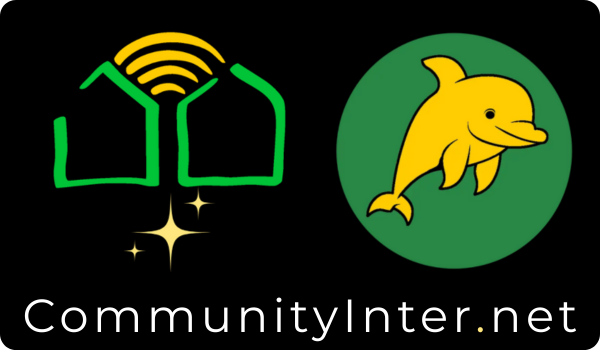-
The article from MIT Technology Review provides significant insights that nonprofits should consider when reconsidering their strategies for drawing visitors to their websites in 2025, especially in light of the changes in AI-powered search. While the article doesn’t specifically address nonprofits or Google’s free search ads program, several key points are relevant:
The Shift to AI-Generated Answers
Nonprofits need to be aware that traditional search engine results pages (SERPs) are evolving rapidly. Google and other search engines are now providing AI-generated answers directly in the search results, potentially reducing the need for users to click through to websites[1].
Impact on Website Traffic: This shift could significantly decrease the effectiveness of traditional SEO strategies that rely on users clicking through to a nonprofit’s website from search results. Nonprofits may need to adapt their content strategies to ensure their information is still reaching their target audience.
Zero-Click Searches
The article mentions the increasing trend of “zero-click” searches, where users get the information they need directly from the search results without visiting any websites[1]. This trend is likely to accelerate with AI-generated answers.
Strategy Reconsideration: Nonprofits should consider how to provide value and engage their audience even if users don’t visit their websites. This might involve:
- Optimizing content for featured snippets and AI-generated answers
- Focusing on unique, in-depth content that goes beyond what AI can summarize
- Developing alternative channels for engagement, such as social media or email marketing
Conversational Search
The article highlights the move towards conversational search, where users ask questions in natural language rather than using keywords[1]. This change in user behavior could affect how nonprofits optimize their content and ads.
Adapting Content: Nonprofits should consider restructuring their content to answer specific questions their target audience might ask. This could involve creating FAQ sections, how-to guides, or explanatory content that directly addresses common queries.
Multimedia Integration
The article mentions that AI-powered search results are incorporating various forms of media, including images, graphs, and videos[1]. This suggests that nonprofits should diversify their content formats to remain competitive in search results.
Content Diversification: Nonprofits might need to invest in creating more visual and interactive content, such as infographics, short videos, or data visualizations, to complement their text-based information.
Publisher Partnerships
The article discusses how some AI companies are forming partnerships with publishers[1]. While this primarily refers to news organizations, it suggests a potential future where content creators might need direct relationships with AI companies or search engines.
Exploring Partnerships: Nonprofits might want to explore potential partnerships or collaborations with AI companies or search engines to ensure their content is accurately represented in AI-generated answers.
In conclusion, nonprofits utilizing Google’s free search ads program should be prepared for a significant shift in how users interact with search results. They may need to adapt their strategies to focus on providing clear, concise, and authoritative information that can be easily incorporated into AI-generated answers while also developing alternative methods to engage their audience beyond traditional website visits.
Sources [1] https://www.technologyreview.com/2025/01/06/1108679/ai-generative-search-internet-breakthroughs/ [2] AI means the end of internet search as we’ve known it https://www.technologyreview.com/2025/01/06/1108679/ai-generative-search-internet-breakthroughs/
technologyreview.com
AI means the end of internet search as we’ve known it
Despite fewer clicks, copyright fights, and sometimes iffy answers, AI could unlock new ways to summon all the world’s knowledge.
